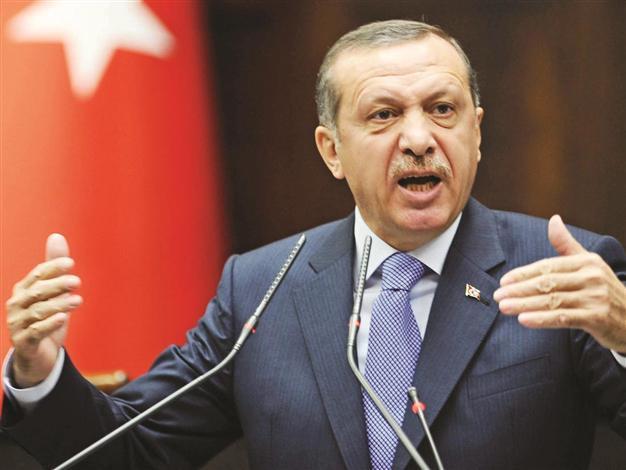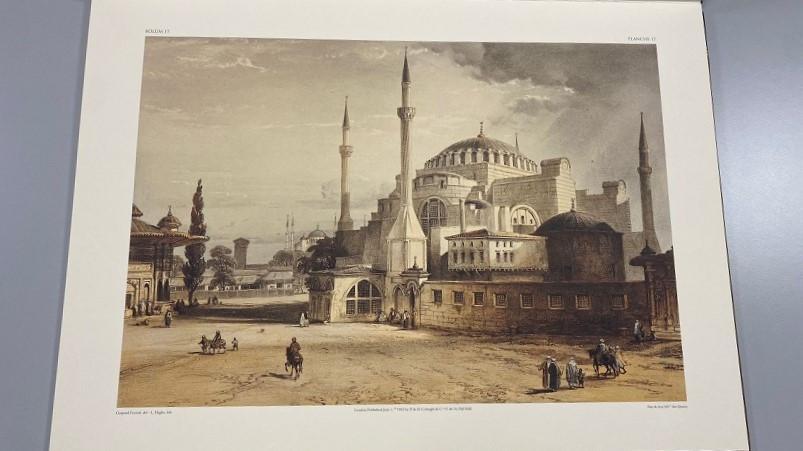PM turns strike debate into death sentence row
ANKARA - Hürriyet Daily News

Turkey abolished the death penalty due to pressure from known places, says Premier Erdoğan, referring to Western countries’ efforts on the issue. Daily News Photo/ Selahattin Sönmez
Amid doubts about the ruling party’s appetite for the ongoing European Union membership process and ten years after its abolition represented the most crucial step in the process, Prime Minister Recep Tayyip Erdoğan has put the death penalty back on the agenda, suggesting that a majority of the public wants to see it back in force.Erdoğan’s remarks on Nov. 3 came after he warned the hundreds of hunger strikers that their strike would not help in the release of Abdullah Öcalan, the convicted leader of the outlawed Kurdistan Workers’ Party (PKK). The strikers are demanding an end to the isolation of Öcalan as one of their conditions.
“Don’t turn this [strike] into blackmail,” Erdoğan said at an annual meeting of his
ruling Justice and Development Party (AKP). “We will not release the terrorist chief just because you say so or resort to such an action.”
He then referred to the issue of capital punishment with regard to Öcalan. “A death penalty was handed to a terrorist chief who was the cause of death for tens of thousands of people, but this country abolished the death penalty due to pressure from known places. He is now serving in İmralı because of the abolition of the death penalty,” Erdoğan said. “Right now a lot of people say in public surveys that capital punishment should be reintroduced, because the relatives of the dead are hurt while others enjoy themselves at kebab parties.”
Öcalan was captured in 1999 by Turkish agents in Kenyan capital Nairobi, brought back to Turkey, and sentenced to death. His death penalty was lifted as part of Turkey’s campaign to join the EU and commuted to life in prison. Since then, he has been serving a life sentence on a remote prison on İmralı Island in the Marmara Sea.
Death penalty
The death penalty in Turkey was abolished in 2002 by a three-party coalition government led by the Democratic Left Party (DSP). Coalition partner the Nationalist Movement Party (MHP) did not block the government in going ahead with the proposal, but did vote against it.
Apart from the MHP, the votes of all parties represented at Parliament were divided between “yes” and “no,” while Prime Minister Erdoğan - head of the-then 59 seat and only one-year-old AKP - was absent at the vote as he was not yet a lawmaker at the time. As for today’s Parliament, MHP Ankara deputy Zuhal Topçu, a senior advisor to MHP leader Devlet Bahçeli, supported the idea of reintroducing the death penalty.
“The MHP particularly wants the execution of terrorist chief Öcalan. Today, the issue has come to this point because compromises have always been given. Today, hunger strikes have come onto the agenda because a compromise has been gained after every action,” Topçu said.
A senior executive of the main opposition Republican People’s Party (CHP) refused to comment in detail on what Erdoğan’s remarks indicated.
















